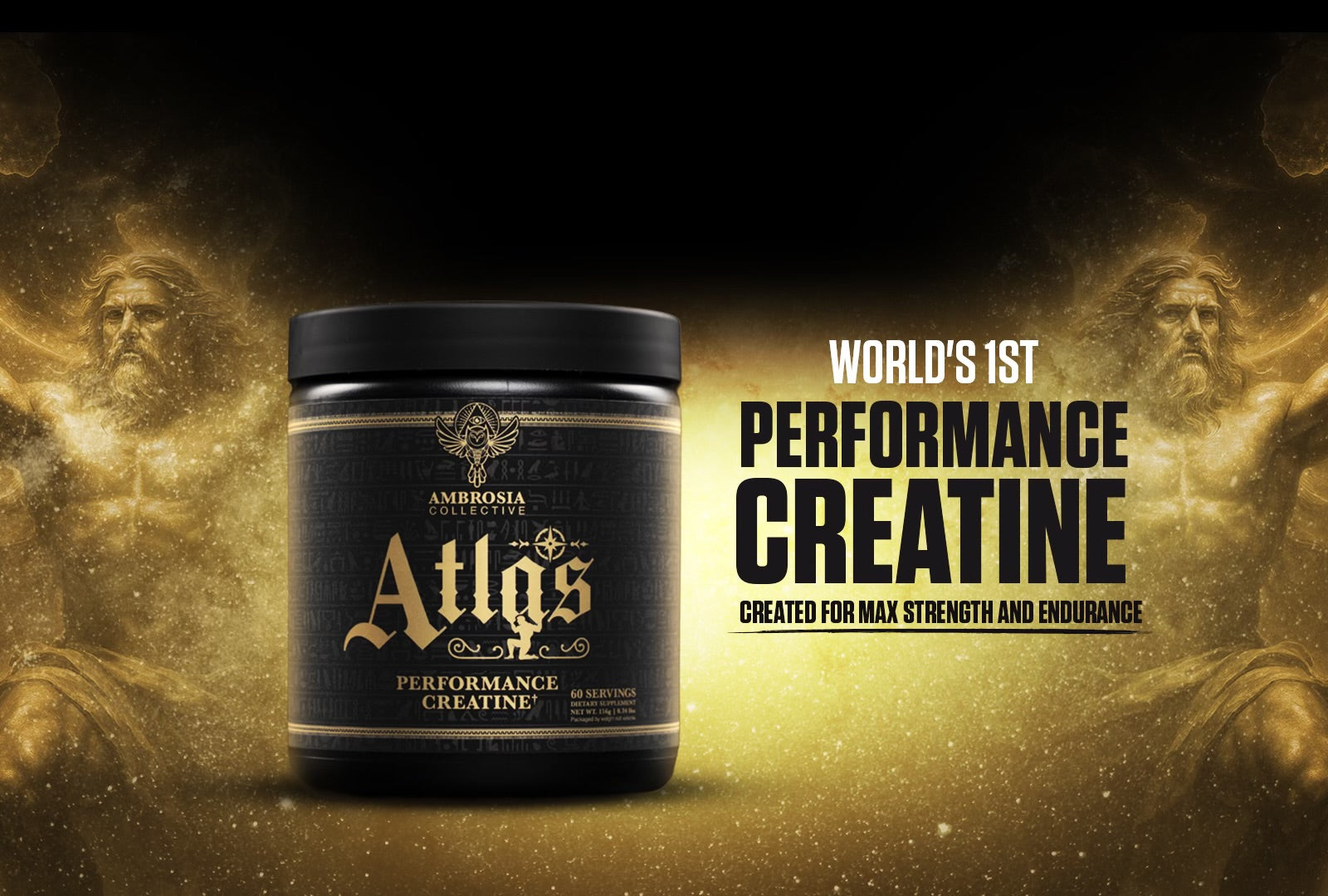I’ve got a ton of friends in the military. I’ve heard a couple of them use this old saying, “Your weapon was made by the lowest bidder.”
It basically means that you can’t really trust something that’s been made with the cheapest possible parts.
And in the world of supplements, this is true as fuck.
As someone who makes a living selling supplements, this is something that I’m extremely passionate about.
I have never taken it lightly that people trust me to give them products that are well-made, healthy, safe, and that actually work.
That’s why I absolutely despise it when I see companies taking shortcuts or pulling shady shit just to make an extra dime.
In this article, I want to sort of pull back the curtain on the supplement industry.
I want to talk about about a few of the most underhanded manufacturing practices in the industry that are common in the most popular products on the market.
I’m also going to tell you how to protect yourself from this type of shit.
Protein Spiking
First up is something called “protein spiking.” If you’ve been working out for a while or following the supplement industry, you may have heard about this.
Protein spiking is one of the most common and despicable “dark arts” in the supplement industry.
It is incredibly cynical because it takes advantage of one of the biggest loopholes in the entire supplement industry.
The loophole is this: there is no legal requirement that supplements get their products tested to back up their label claims.
That means supplement companies can say virtually whatever they want without any proof whatsoever.
But this practice does not come without consequences.
Over the last 10 years, there have been several multi-million dollar high-profile legal cases against some of the biggest protein manufacturers for scamming people out of their money through protein spiking.
So what is protein spiking?
Protein spiking, also known as “amino spiking” or “nitrogen spiking”, is where protein companies will only include HALF or even less of the actual, real protein their label says.
Here’s how it works. Let’s say the protein tub’s label says each scoop contains 20g of protein.
If the protein is spiked, it may only contain 10g or less of actual protein.
To make up the other 10 grams, they add in a bunch of cheap, useless amino acids like taurine. Hence the term “amino spiking.”
So you’ll pay for 20g per serving, but only end up getting 10g of protein if it is spiked.
Now, sometimes brands DO get their protein tested.
But the most commonly used test--the Dumas test--only looks at the nitrogen content of their protein powders.
This nitrogen test has a massive weakness because any and all amino acids will show up as nitrogen on the test.
Since real protein is made up of strings of amino acids, it shows up on the test...but so do all the other cheap filler aminos.
So this nitrogen test can’t tell the difference between real protein and amino acids.
The companies can then say they get their protein tested and advertise their powders as having 30g or whatever.
In reality, they’re cutting their costs and scamming you out of protein, money, and maybe even some gains if you happen to miss your protein intake goals.
Incorrect or Falsified Labels
Now, while protein spiking is definitely some shady shit, there are companies out there making supplements who just straight up lie on their labels.
There are tons of reports and studies done on supplements and vitamins over the years showing that they often have little to none of the ingredients listed on their label.
One of the studies found that some vitamins contained nothing more than ground up houseplants.
Instead, they’re packed with filler materials and other useless, cheap ingredients.
While protein spiking at least pretends to play by the rules, this practice of simply lying on your product labels is downright criminal.
However, it is way more common than you think.
Supplements Contaminated with Controlled Substances
Similarly, the vast majority of supplements on the market are contaminated with controlled or banned substances.
In fact, just in October, 2018, a study printed in The Washington Post showed that researchers from the California Department of Health found 80% of supplements contain at least one controlled substance.
For example, many weight-loss supplements contained the antidepressant fluoxetine, also known as Prozac, and a laxative called phenolphthalein. They also contained sibutramine, which used to be sold as Meridia until it was pulled off the shelves by the FDA for causing strokes.
Muscle-growth supplements also often contain actual steroids or their analogues.
What’s crazy is that the supplements that get caught in these investigations are NOT just the bullshit capsules you’ll see in gas stations or whatever.
These are big, massive companies with millions of dollars in revenue that just do not give a fuck about you, your health, or your safety.
They just want to make money.
How to Avoid These Bullshit Supplements
Okay, so what can you do to make sure that you’re not getting scammed out of protein or buying products that contain banned substances?
The answer: third-party testing.
You simply cannot know what is in your products if they are not tested by an independent third party.
Remember, companies can claim pretty much whatever they want on their labels.
But they can’t hide behind thorough testing; and thorough testing costs a lot of money.
Which is precisely why so few supplement companies out there do it. It’s too expensive and it eats into their bottom line.
But there are some.
Just to be upfront, when you buy a supplement that has been third-party tested, you should expect to pay a little more.
So these companies that get testing can’t compete with those other shady companies on price.
But when you buy tested supplements, you can rest assured that:
- The label is accurate.
- You’re getting what you pay for.
- It’s safe.
- The product does what it’s supposed to do.
Now, in the world of testing for banned substances, there is one organization that you need to know about: the Banned Substances Control Group (BSCG).
The BSCG does drug testing for the Olympics and for the World Anti-Doping  League.
League.
So the BSCG is pretty much the gold standard for testing and it is fucking expensive.
Trust me, I know. Every single batch of my Planta™ protein is tested by the BSCG.
But the BSCG also tests lots of other products too, like testosterone boosters, muscle boosters, fat loss products, and more.
Even though Ambrosia doesn’t sell these types of products, I know a lot of you reading this want them.
My partner in Ambrosia, Sean Torbati, runs a sports nutrition company called High Performance Nutrition.
Like me, Sean is committed to offering the absolute best quality products possible.
Which is why all of his supplements are tested by the BSCG and used legally by US Olympians and pro athletes in the NFL, MLB, NBA, and even NASCAR.
He’s got a testosterone optimizer called T(5), a natural muscle enhancer that uses phosphatidic acid called PA(7), and a natural fat burner called M(6) that uses antioxidants to increase fat burning.
If you’d like to learn more about HPN, you can actually check out their products right here in the Ambrosia store.












